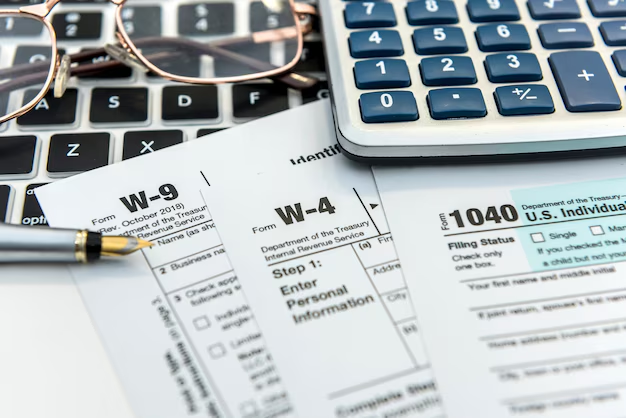Understanding the Cost of Water Bills in Your Apartment
Have you ever opened your water bill and wondered where exactly your money is going? For many renters, the water bill is a bit of a mystery. It's not as hefty as rent or groceries, but it's a recurring expense that contributes to the cost of living. In this article, we'll dive into what you can expect to pay and explore options for those who might need financial assistance.
Average Water Bill Costs
The cost of a water bill for an apartment can vary widely based on factors like location, water usage, and the number of occupants. On average, you might see a monthly cost ranging from $20 to $50, but this can fluctuate.
Location Matters: In areas with abundant water resources, utility rates might be lower. Conversely, in places where water is scarce or infrastructure costs are high, you might pay more.
Personal Usage: Do you take long showers or run your dishwasher daily? Lifestyle habits can significantly impact your bill. Many utilities offer tips on reducing water use, which not only saves money but is also environmentally responsible.
Who's Responsible for the Bill?
In some rental agreements, water costs are included as part of your rent, while in others, you'll be billed separately. It’s important to verify this detail when signing a lease. If your usage seems high, you might want to check for leaks or faulty fixtures, which your landlord can help fix.
What If You Can’t Afford Your Water Bill?
Finding yourself unable to pay a basic utility bill can be stressful. Fortunately, there are avenues to help ease the burden:
Payment Assistance Programs: Many utility companies offer payment plans or assistance programs for low-income families. It pays to check with your provider to see if such options are available.
Government Aid: Programs like the Low-Income Home Energy Assistance Program (LIHEAP) sometimes extend to cover water bills, providing relief in emergencies.
Financial Education Services: Organizations provide resources and workshops on budgeting effectively, which can help you manage all your utility costs more efficiently.
Consider Short-Term Solutions
If you're temporarily facing difficulty, turning to credit might be a viable option. However, it’s essential to use this responsibly:
Credit Card Payment Plans: Some credit card companies allow you to consolidate bills and pay over time. Be sure to check the interest rates to ensure this is a cost-effective approach.
Local Community Aid: Many communities have local charities or religious organizations that offer short-term aid to residents in need.
Educate Yourself for Better Financial Management
Continually investing in your financial education yields long-term benefits:
Online Courses and Webinars: These can offer tips on budgeting, understanding utility bills, and planning for expenses.
Volunteer Income Tax Assistance (VITA) Programs: They can also provide help in savings through better tax management, freeing up more of your budget for necessities like utilities.
By taking active steps, you can manage your water bills more effectively and ensure that living comfortably doesn't mean you have to sacrifice financial stability.
🔍 Financial Assistance Tips
💡 Payment Plans: Contact your utility provider to see if you’re eligible for monthly payment plans.
💧 Water Conservation: Implement water-saving techniques to reduce your overall bill.
🏠 Rental Inclusions: Always check if utilities like water are included in your rent to better gauge living expenses.
🏦 Credit Card Payments: Use cards for bill payments wisely, if the need arises—consider it a short-term fix.
🎓 Educational Workshops: Attend workshops for tips on managing utilities and household budgeting.
By understanding these aspects, you can better navigate the sometimes-unpredictable waters of monthly utility bills and maintain control over your financial health.

